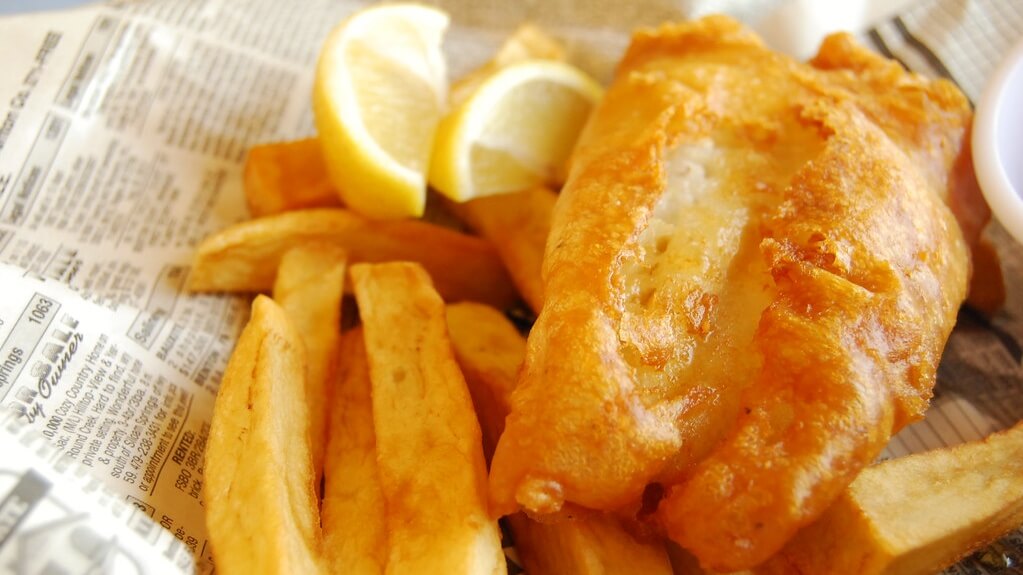Fish and chip shops in the UK have been caught serving up pieces of endangered sharks.
A Mirror investigation saw DNA tests being conducted on 15 samples from fish and chip shops in British seaside towns including Brighton and Bournemouth.
Ten of the 15 swabs turned out to be spiny dogfish, a shark that is classified as endangered in Europe and on the International Union for Conservation of Nature’s red list of threatened species. Until recently, it was illegal to catch spiny dogfish in British seas. Spiny dogfish sharks can now be sold on the condition that they were caught as bycatch – animals that were accidentally caught whilst fishers targetted other species.
The other five samples contained starry smooth-hound shark, which is also threatened. The sharks were being marketed as dishes like rock salmon and huss. The shop owners claimed they were unaware they were selling endangered animals.
Exeter University bioscientist Greg Wannell, who conducted the tests for Mirror, said, “These sharks typically take a long time to reach sexual maturity and, once they do, produce relatively few young compared to most fish commercially caught.”
The Marine Conservation Society said the Mirror research proves “most consumers are completely unaware of what they’re eating.”

January research by the University of Exeter uncovered similar findings. It found that the majority of fish being sold as rock salmon and rock eel at British fishmongers and chip shops were actually spiny dogfish. The venues were also selling starry smooth-hounds, nursehounds, and blue sharks.
“It’s almost impossible for consumers to know what they are buying,” first author Catherine Hobbs of the University of Exeter said in a statement. “People might think they’re getting a sustainably sourced product when they’re actually buying a threatened species.”
“There are also health issues. Knowing what species you are buying could be important in terms of allergies, toxins, mercury content, and the growing concern over microplastics in the marine food chain,” she added.
Can Seafood Be Sustainable?
According to the Marine Conservation Society, 90 percent of the fish stocks eaten by humankind are under threat due to overfishing and climate change.
National Geographic explorer, marine biologist, and oceanographer Dr. Sylvia Earle has urged people to replace seafood with vegan varieties in a bid to save the ocean. In a speech at The Good Food Conference in California last year she warned that fishing practices will come to an end “by the middle of this century” as fish stock supplies will have nearly disappeared.


